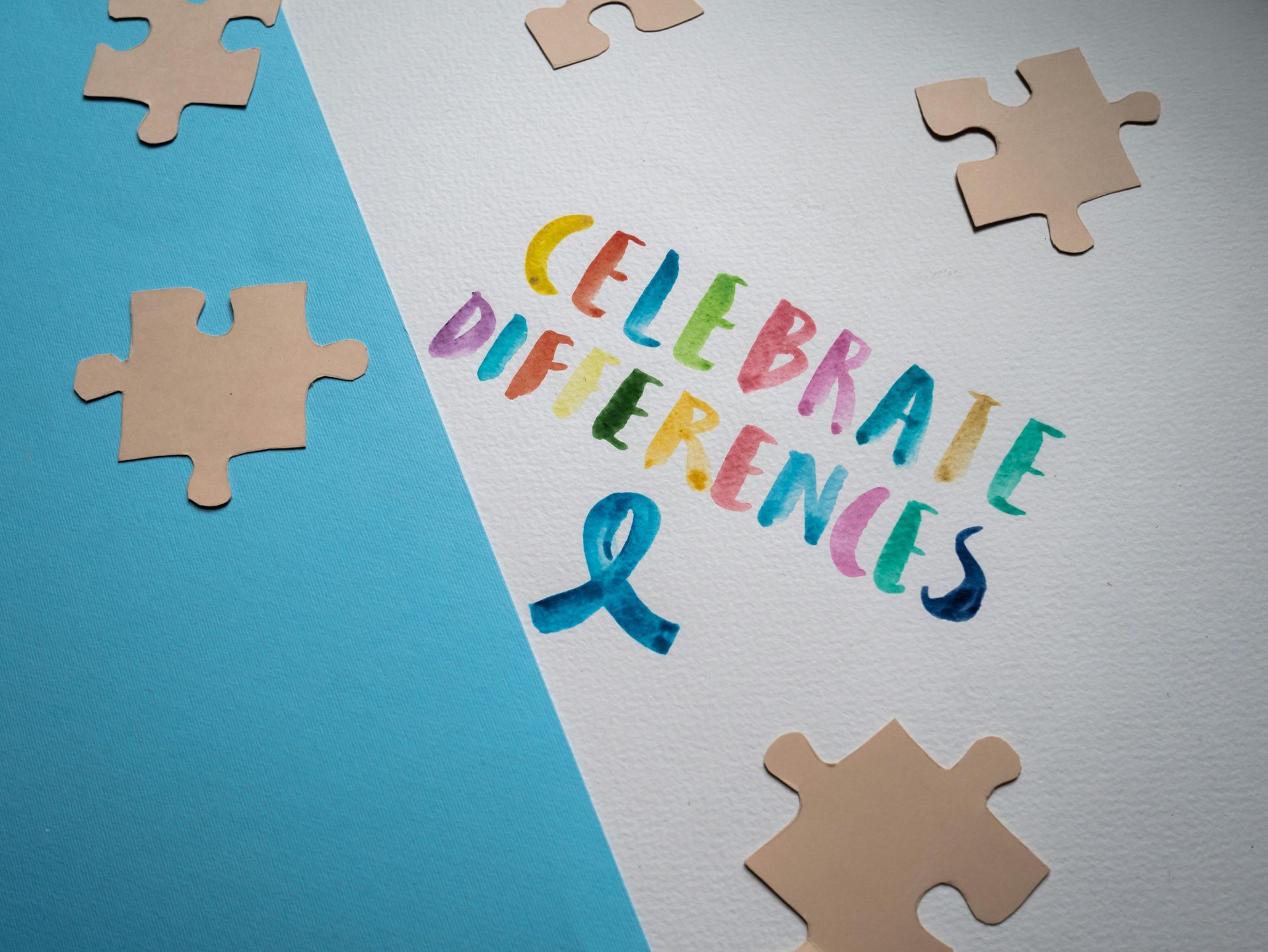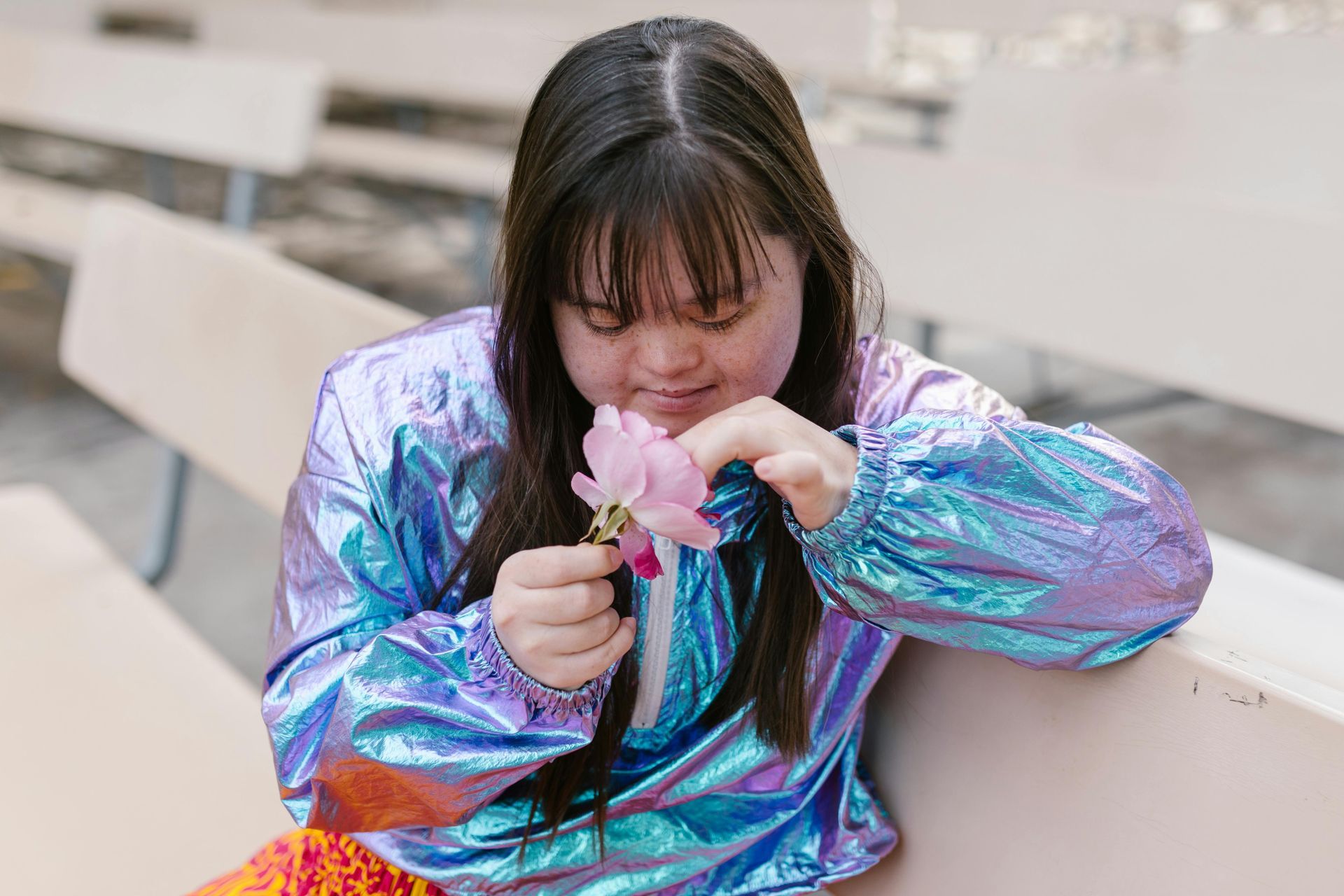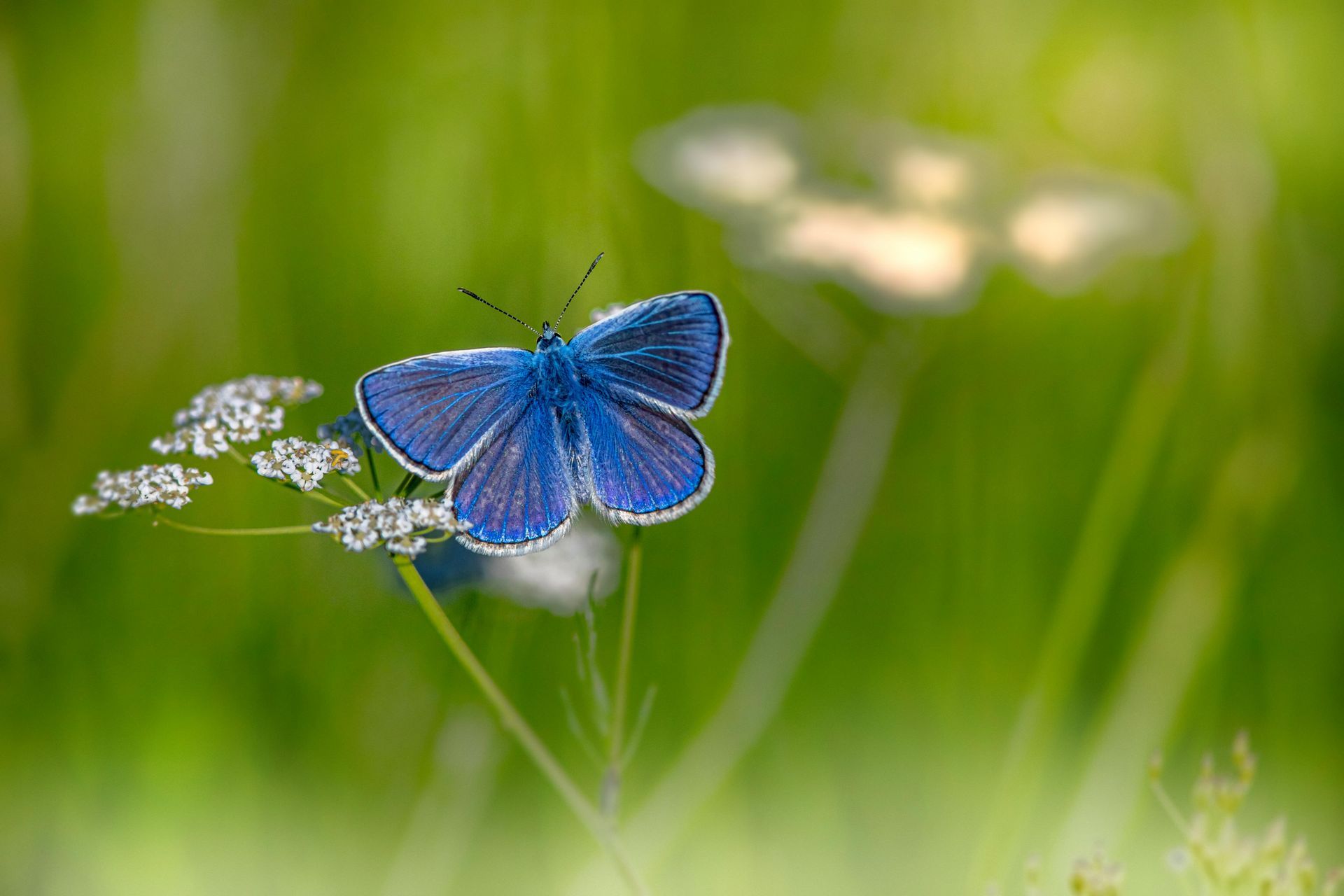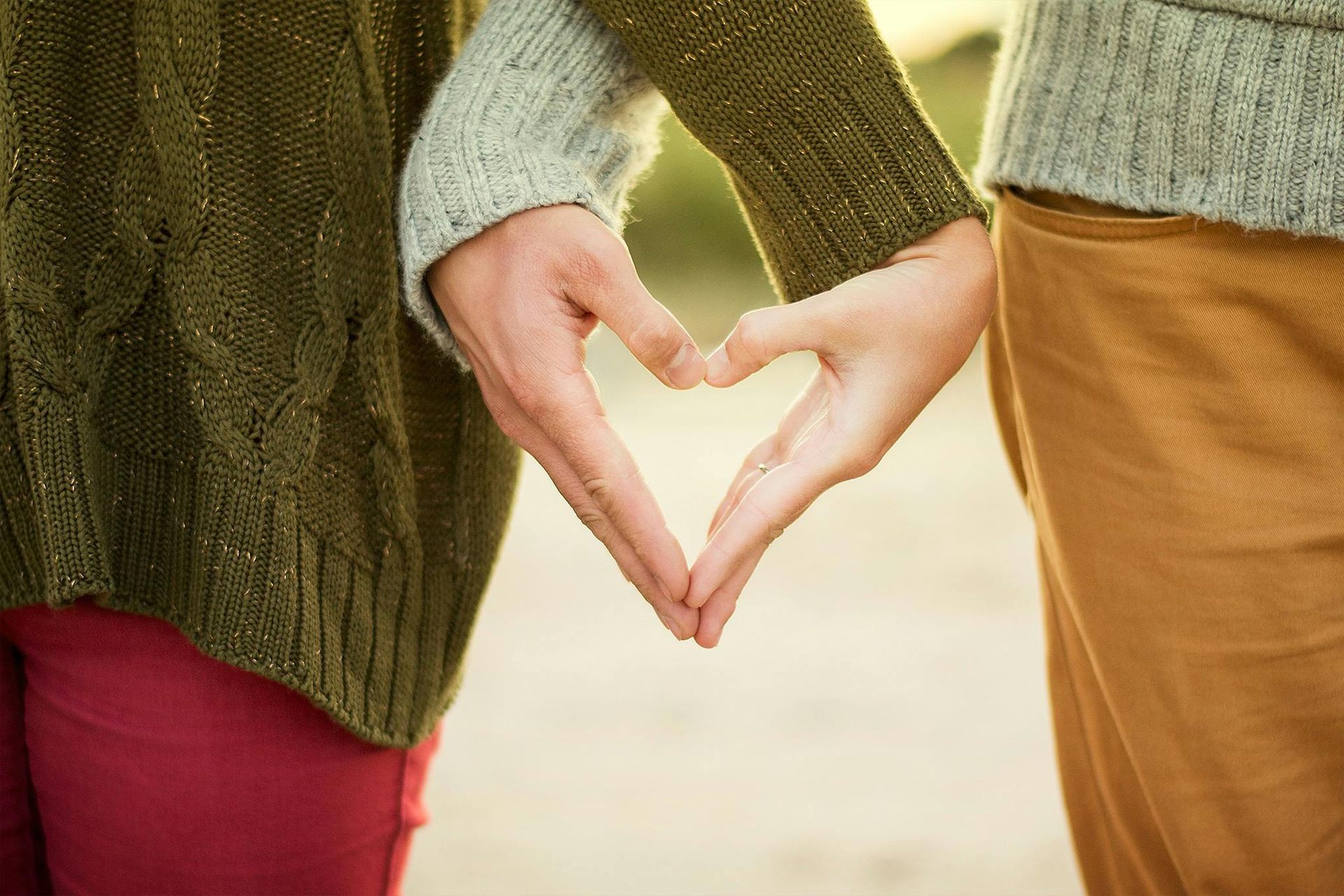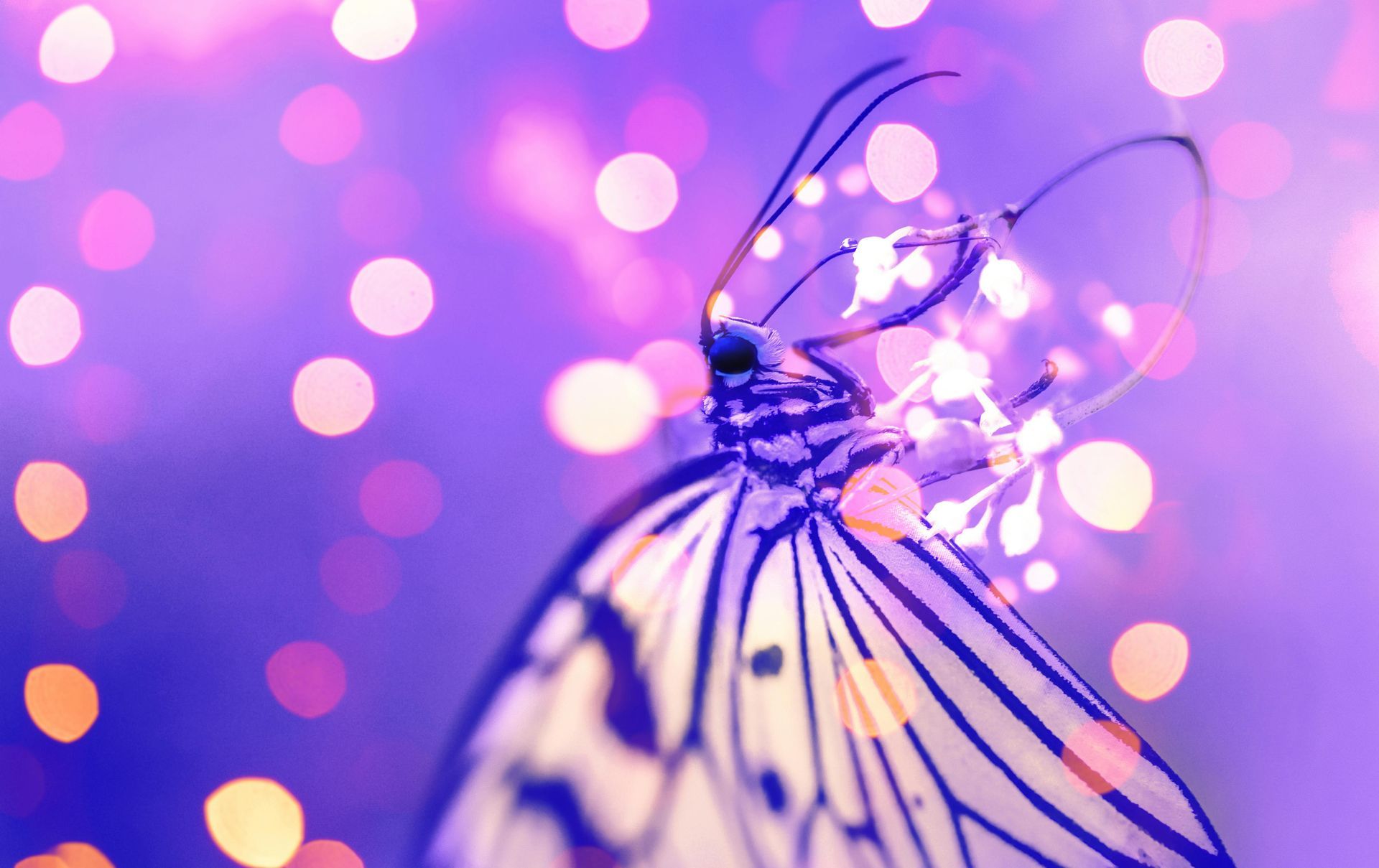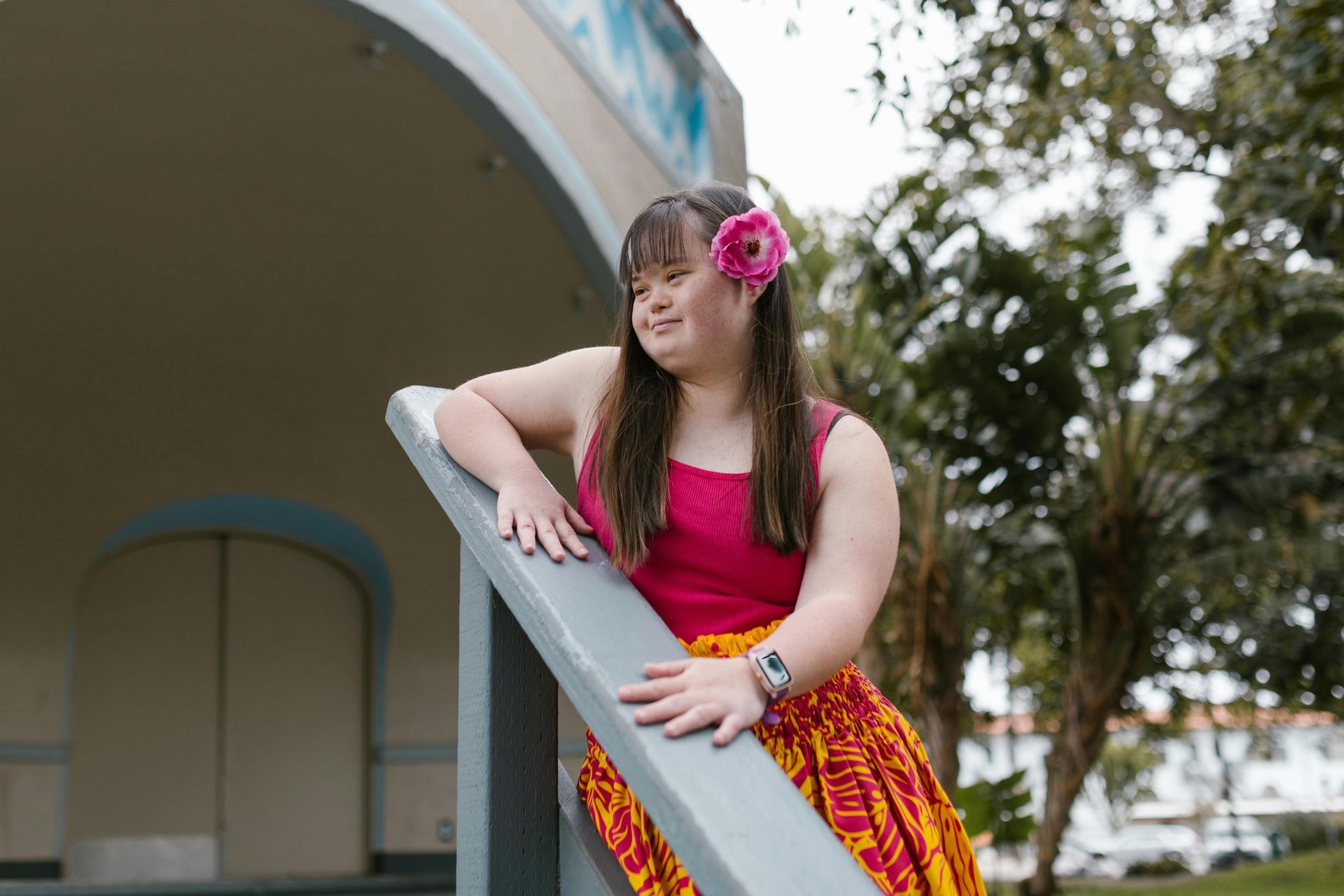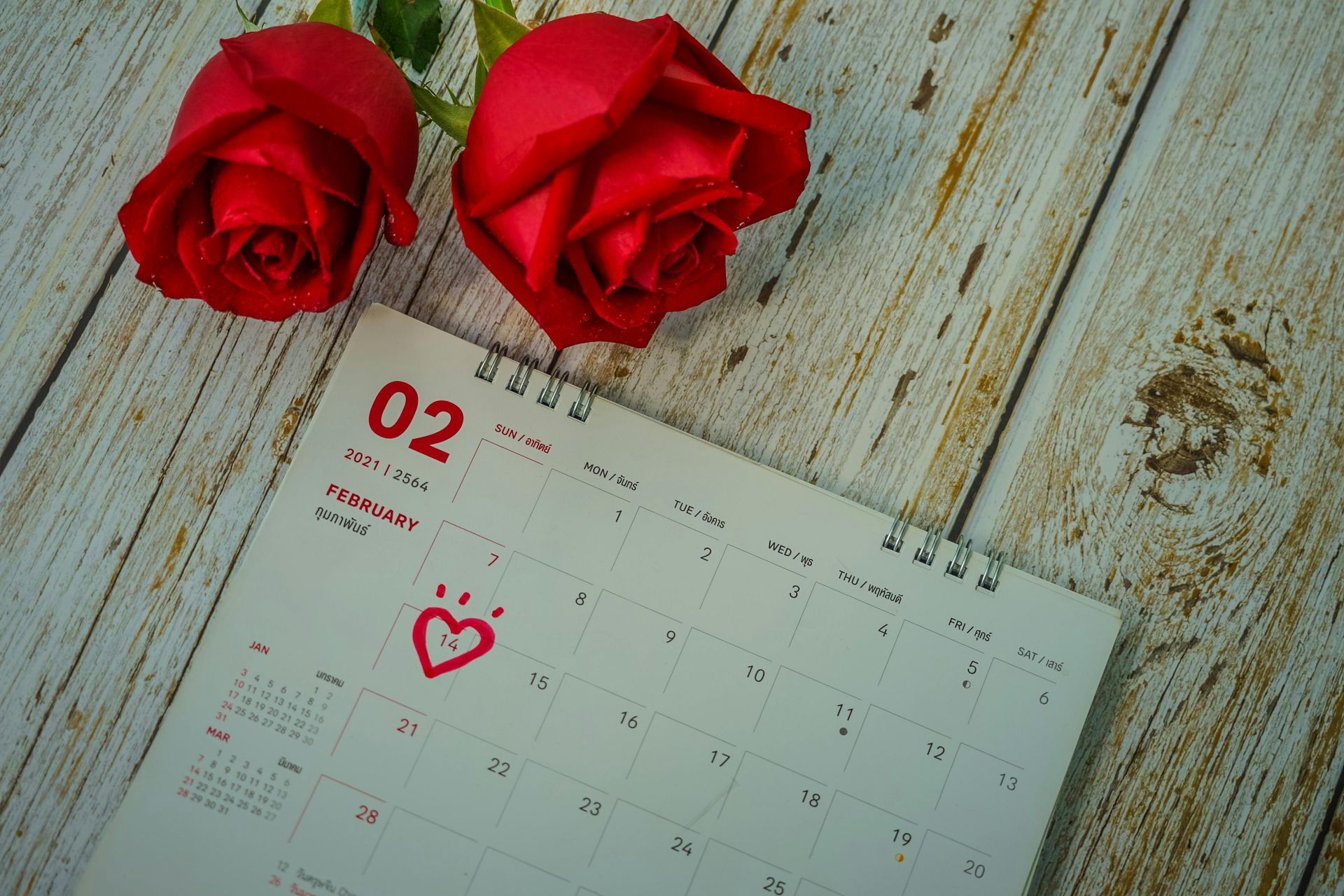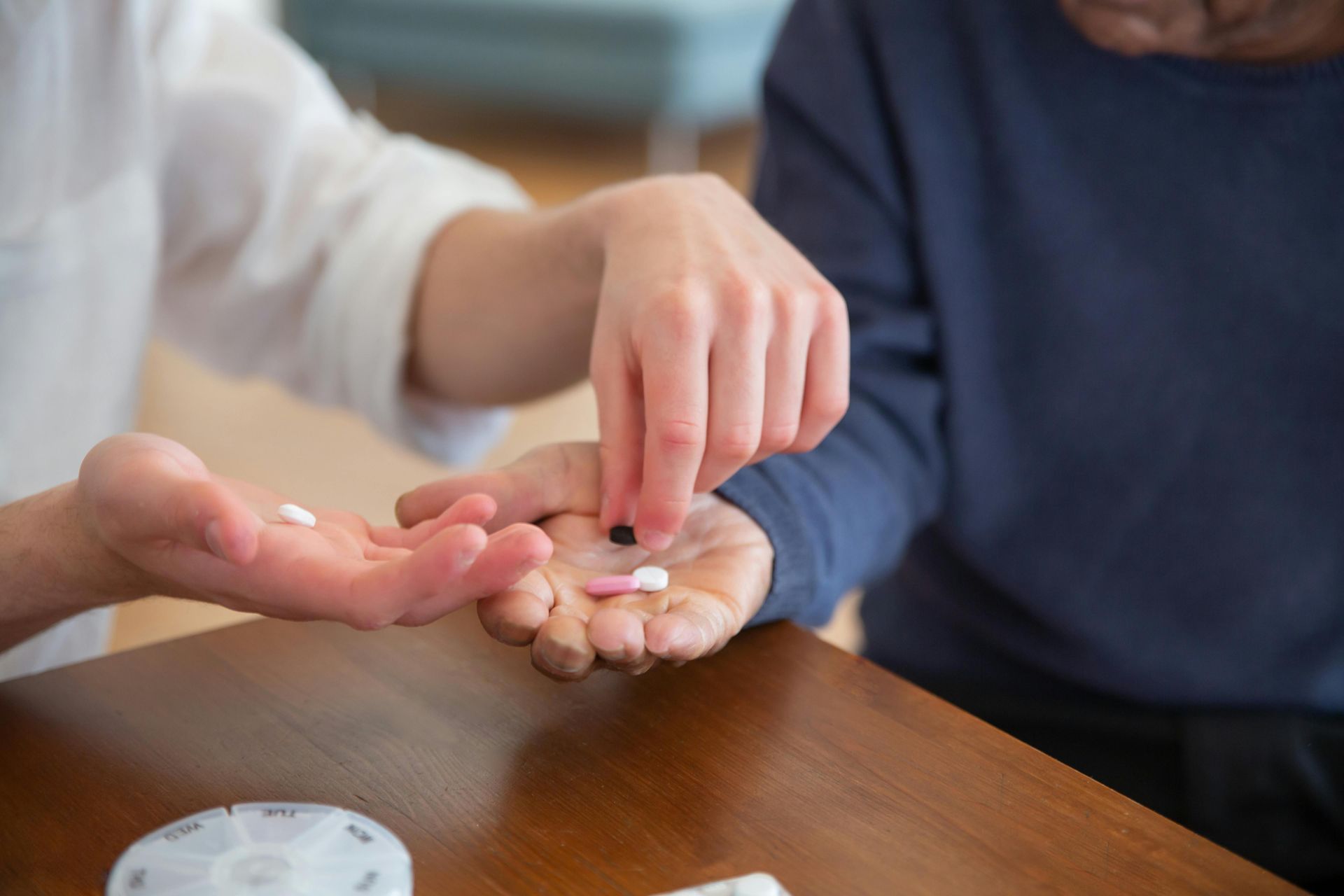Love is a universal human experience, transcending age, background, and ability. Yet, when it comes to individuals with developmental disabilities, love is often misunderstood, overlooked, or even discouraged by society. It’s time to shift the narrative and recognize that people with developmental disabilities not only seek love but are fully capable of forming deep, meaningful relationships—just like anyone else.
The Right to Love
Every person, regardless of ability, has the right to experience affection, intimacy, and connection. For individuals with developmental disabilities, navigating romantic relationships might come with unique challenges, but those challenges do not diminish their capacity for love or their entitlement to it.
Unfortunately, stigma and overprotectiveness can lead to isolation and lack of access to healthy relationship experiences. It's essential that caregivers, educators, and communities create environments where individuals feel safe, respected, and encouraged to explore and express love.
Understanding Love in All Its Forms
Love is not one-size-fits-all. It encompasses friendship, family, romantic partnerships, and self-love. For people with developmental disabilities, each form of love can provide empowerment, belonging, and personal growth.
Educational programs that focus on emotional intelligence, communication skills, and consent can help individuals better understand their emotions and relationships. Additionally, incorporating relationship education into support plans helps to normalize the idea that love is an integral part of life—regardless of disability.
Supporting Healthy Relationships
Support systems play a crucial role in facilitating healthy relationships. Families and caregivers should:
- Provide guidance rather than control.
- Encourage open conversations about feelings and boundaries.
- Support social opportunities where connections can be formed naturally.
- Respect privacy and individuality in personal choices.
Training support staff and family members to approach relationships with empathy and openness is essential for building trust and confidence in the individual.
Challenges and Advocacy
While love is beautiful, relationships can come with emotional complexity. People with developmental disabilities may face difficulties with understanding social cues or setting boundaries, making them more vulnerable to exploitation or heartbreak.
Advocacy for inclusive relationship education and safeguarding practices is vital. Ensuring that individuals are educated about their rights, and that support structures are in place to intervene when needed, helps promote emotional well-being.
Celebrating Love Stories
Many individuals with developmental disabilities live fulfilling romantic lives—some get married, some cohabitate, and others form lifelong partnerships in their own way. These stories should be celebrated and shared to inspire others and break down harmful stereotypes.
Final Thoughts
Love enriches lives. People with developmental disabilities deserve the freedom to love, the tools to build strong relationships, and the support to experience intimacy safely and confidently. Love is not a privilege reserved for a few—it is a right we all share.
Empower someone today. Learn more about how to support healthy relationships for individuals with developmental disabilities by visiting www.globalhandsinc.com.

